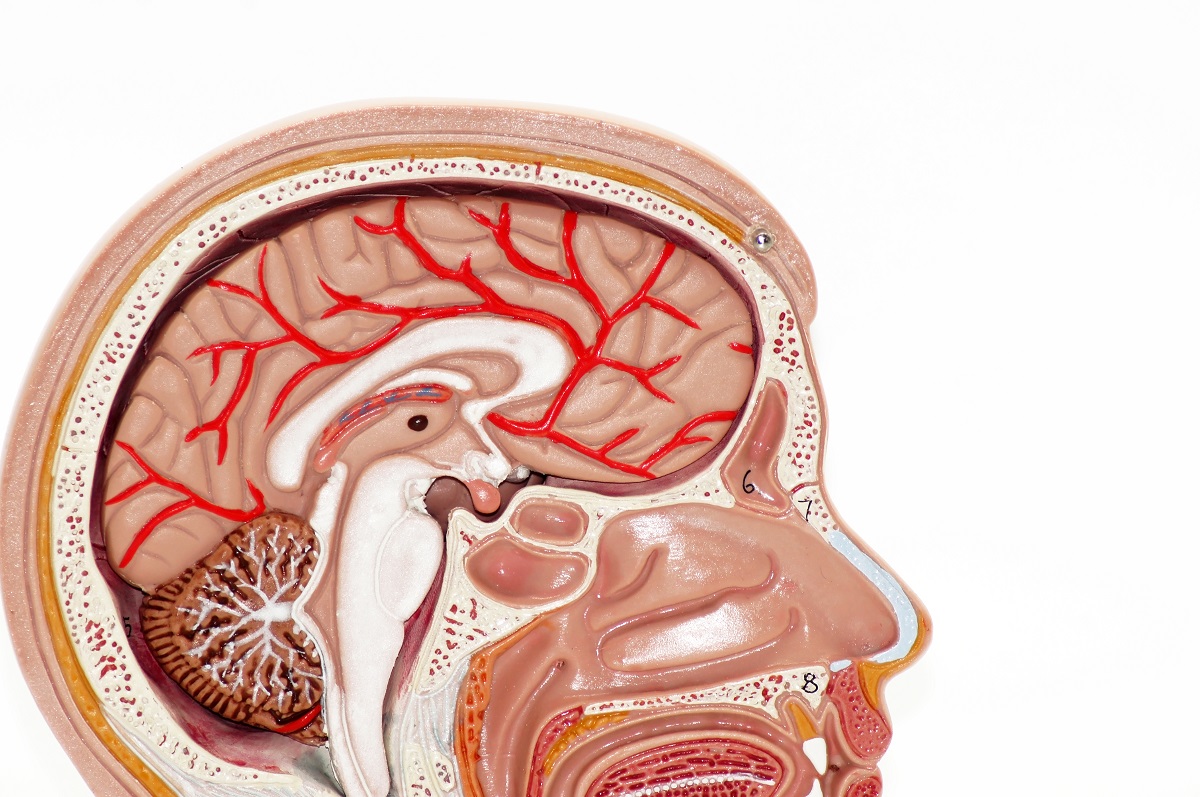A health condition in which Sodium levels become too low in the blood is called hyponatremia. Sodium is an important electrolyte that helps balance water that is in and around the cells. There are different factors that cause this condition from drinking too much water that dilutes sodium in the body to underlying disease. Therefore, […]












